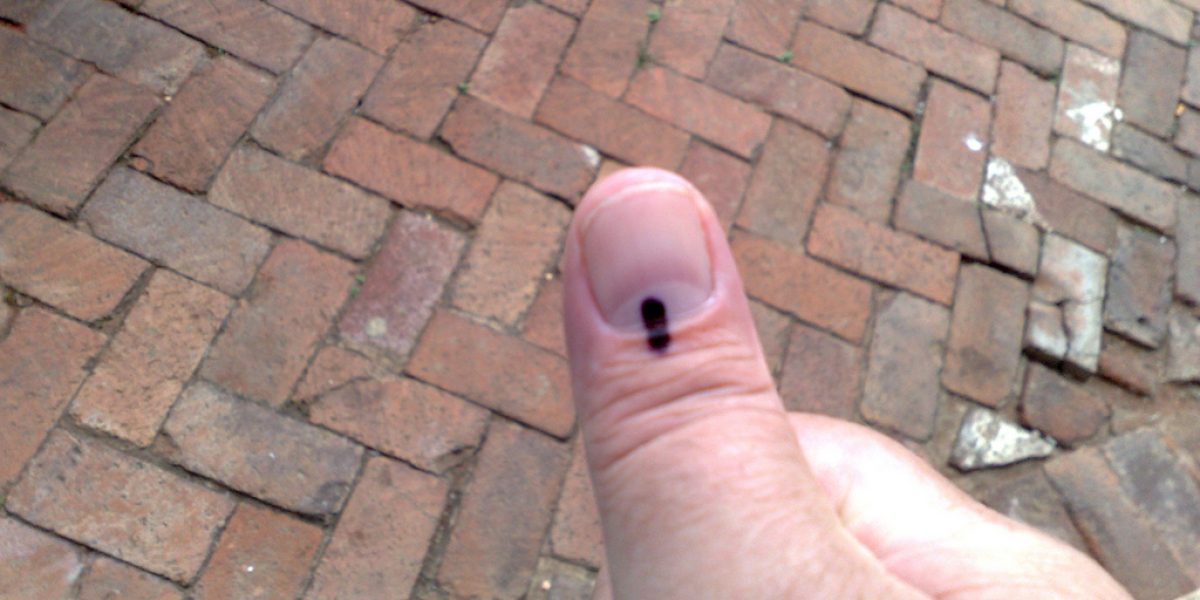This marked another triumph of the ballot over other forms of changing leaders in a continent that has suffered coups and assassinations over the past half-century. South Africans should be congratulated for this achievement, and Africans should learn valuable lessons from them in this regard.
The election was organised by a body (the Independent Electoral Commission -IEC) that is seen by the majority of voters as both independent and competent, and is respected and trusted by most. The campaign was, by both South African and African standards, peaceful, open and transparent, with all parties afforded the space and freedom to present their platform to the voters without hindrance -although there were occasions of tense confrontations between the ruling African National Congress and the Inkatha Freedom Party in Kwazulu-Natal. These incidents were, however, few, and all parties appeared prepared to abide by a code of conduct that outlawed intimidation and intolerance. Most party messages emphasised issues -like service delivery, respect for constitutional order and the fight against corruption- and, in the main, stayed clear of sectarian politicking.
On the same day, citizens of another southern African country woke up to news of a different tactic to change leadership: in Lesotho a group of armed men attacked the residence of Prime Minister Pakalitha Mosisili in what has been reported as an assassination attempt. Fortunately, this failed, and a democratically-elected leader survived.
Lesotho entered the current phase of democracy in May 1993, a year before its giant neighbour, following years of unelected government. The most recent election in the country was held in 2007, following the emergence of a new party that broke away from Mosisili’s Lesotho Congress for Democracy (LCD). Like the Congress of the People (COPE) in South Africa, the All-Basotho Convention (ABC) stimulated great interest in the poll, but failed to dislodge the long-entrenched LCD. Both the Lesotho and South African polls were pronounced free, fair and an expression of the will of the electorate by local and international observers.
It is ironic that on the same day, within two countries that are so intimately linked by history, economics, culture and political heritage, two diametrically opposed strategies of government change would be attempted. This contrast suggests two lessons.
The first is that democratic consolidation on the continent is as fragile today as it has been at any time, and that all should remain vigilant to protect the hard-fought gains of liberation -whether from colonialism, apartheid or indigenous dictatorship. Events in Lesotho demonstrate this, and call for a change of perspective regarding the tools to be used for appointing and dispatching leaders.
The second lesson is that it is possible in Africa to establish, maintain and entrench democratic practice and culture -with all the shortcomings and problems of new democracies. The South African experiences of the day demonstrate this. Perhaps the failure of the assassination attempt on Prime Minister Mosisili is a sign that the ballot is stronger than the bullet. Or perhaps it was pure luck, given the country’s history of political instability -even following the restoration of democracy. The lesson that citizens of Lesotho, and of other African countries struggling to establish genuine democracy should glean from the conduct of the South African poll, the dynamic of political debate in the country and the acceptance of the result is that democracy has hope in Africa. South Africa might not have yet gone through the kind of transition that Ghana underwent last December (where the incumbent was replaced through a democratic poll), and may continue to be dominated by the ANC for the foreseeable future.
The events of 22 April are both a caution to the fragility of democracy in Africa (where in the past six months alone we have seen at least three unconstitutional changes of government in Guinea, Guinea-Bissau and Madagascar. In line with the ideals of promoting good governance, leaders of the three countries (together with Mauritania, which underwent a coup last September) have not been invited to President-elect Jacob Zuma’s inauguration on 9 May.
It should be noted that issues, not personalities, tolerance, not intolerance, and institutional trust and dialogue are the keys to contesting state power, not force. Africans should dedicate themselves, as is the object of the African Peer Review Mechanism that more than half of the continent’s countries (including Lesotho and South Africa) have committed to, to entrenching democratic consolidation, which relies on the ballot, not the bullet, as an instrument of leadership change.







